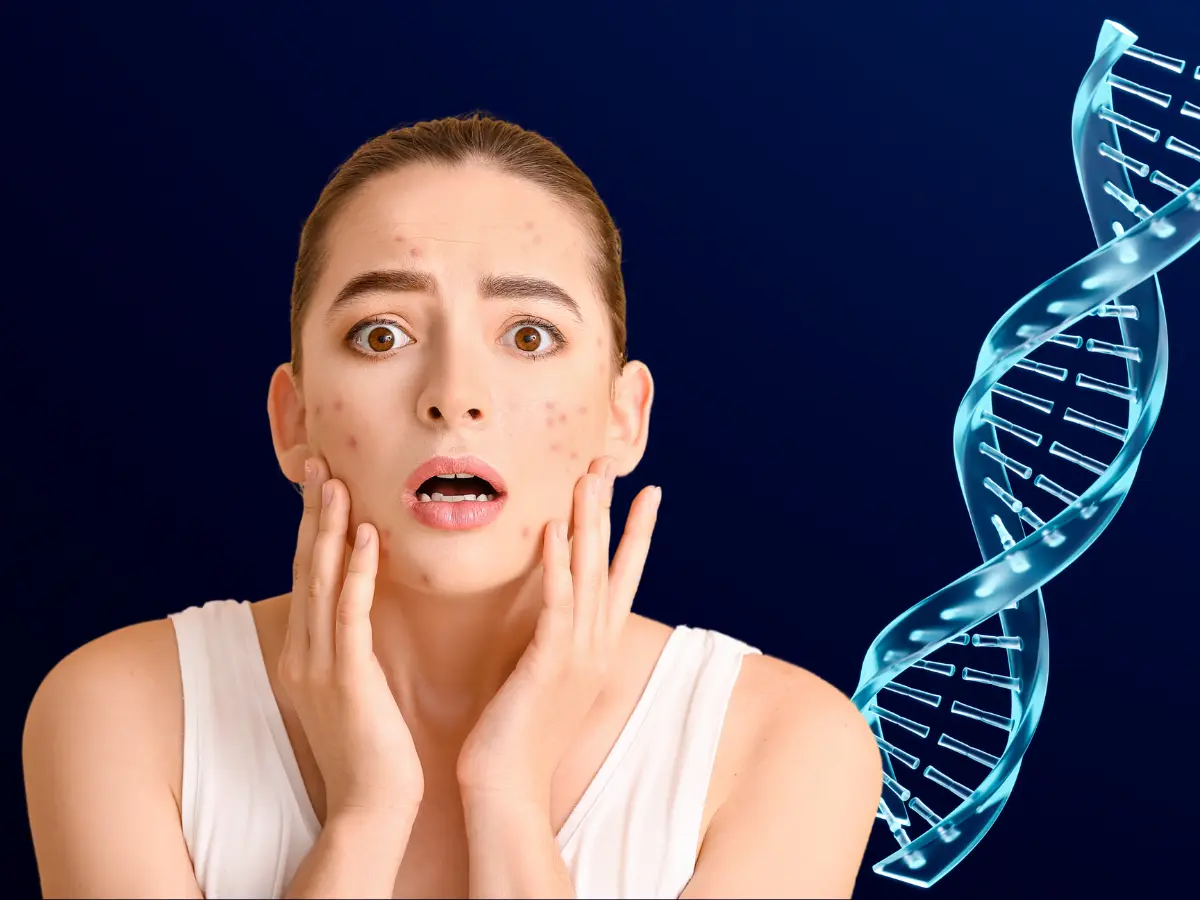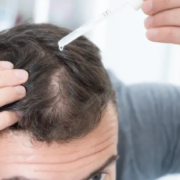The Importance Of Vitamin C For Skin Health: How To Get The Nutrient Your Skin Needs
Your skin is your body’s largest organ, and it’s important to keep it healthy! One essential nutrient for skin health is vitamin C. Vitamin C is a necessary nutrient for skin as it aids for the production of collagen, a protein that helps give your skin its structural support. Collagen also helps fight the signs of aging by reducing the appearance of wrinkles.
Role Of Vitamin C In Skin 
As we all know, Vitamin C is essential for overall health. But what many people don’t know is that Vitamin C is also very important for skin health. Vitamin C helps to protect the skin from damage caused by the sun and other environmental factors. It also helps to keep the skin healthy and looking young. Vitamin C is a powerful antioxidant that helps to fight free radicals. Free radicals can damage the skin, causing premature aging and wrinkles. Vitamin C can help to protect the skin from these harmful effects.
How Does Deficiency Of Vitamin C Impact Skin?
A deficiency in vitamin C can lead to a number of problems with the skin, including dryness, wrinkles, and even bruising easily. If you are experiencing any of these symptoms, it is likely that you are deficient in vitamin C. You can improve your skin health by adding more vitamin C-rich foods to your diet, or by taking a supplement.
How Can One Get Vitamin C From Food Or Supplements?
There are a few different ways to do so. You can get vitamin C from food sources, or you can take supplements. Let’s take a look at some of the best options for each.
Food Sources of Vitamin C
There are a number of different foods that contain high levels of vitamin C. Some of the best options include oranges, grapefruit, kiwis, strawberries, and broccoli. If you’re looking for other good sources of vitamin C, check out bell peppers, tomatoes, blackberries, and raspberries.
Vitamin C Supplements
If you don’t think you’re getting enough vitamin C from food sources alone, you may want to consider taking supplements. Supplement options include tablets, capsules, powders, and liquids. When choosing a supplement, be sure to read the label carefully to make sure you’re getting the right dosage. You should also talk to your doctor before starting any new supplement, just to be safe.
What Is The Role Of Genes In Vitamin C Absorption? 
Some people have a genetic condition that causes them to absorb less vitamin C than others. This condition is called hereditary hemochromatosis. People with this condition need to be especially careful to include vitamin C-rich foods in their diet and may need to take supplements to ensure that they are getting enough of this nutrient.
Scientists have uncovered several genes associated with low vitamin C absorption. One such gene is the SLC23A1 which codes for a protein called chloride channel, and it’s found in our bodies’ cells that control what goes into circulation – so if you don’t have enough of these channels then your blood will be less able to deliver oxygen throughout all parts! A study conducted on US adults showed those suffering from atopic dermatitis (a type Setup allergies) displayed lower levels than normal skin did; while controls who had standard measurements still appeared healthy despite having much higher rates.
Image- https://www.canva.com/photos/MADq3klzOmw-f019-2488/
With SkinLife DNA Test Mitigate Skin Disorder By Knowing Vitamin C Deficiency Risk
If you are struggling with a skin disorder, you may be interested in taking a DNA test to help mitigate your risk of vitamin C deficiency. Vitamin C is essential for the production of collagen, which is the main structural protein in the skin. A lack of vitamin C can lead to dryness, wrinkles, and a loss of elasticity in the skin. There are several different types of DNA tests that can be used to assess your risk of vitamin C deficiency. One type of test looks at single nucleotide polymorphisms (SNPs) that have been associated with a reduced ability to absorb vitamin C from the diet. Another type of test looks at gene mutations that can lead to impaired collagen production.
Knowing your risk of vitamin C deficiency can help you take steps to ensure that you are getting enough of this important nutrient. You may want to make sure that you include plenty of vitamin C-rich foods in your diet, or you may want to consider taking a vitamin C supplement for optimal skin health.
By Taking Up SkinLife DNA Test You Can Mitigate These Skin Disorders Before Its too late:
Your skin is a window to your overall wellness. With a lack of Vitamin C, you could be putting yourself at risk for various other diseases such as poor immunity and hair loss! DNA testing for Skin Problem & Skin Care Management would definitely pay off in ensuring that all aspects from the inside out are on track with what’s considered “optimal.”
If you like to know more about DNA tests and how vitamins-minerals are processed by our bodies for hair health visit here
Have a look at our products with consent links:
- SkinLife
When you take the SkinLife DNA test it provides you with detailed and personalized genetic insights into your skin type. It also reveals your risk of premature aging, sun damage, allergies, and more. Click here to read more about SkinLife test
- GeneFit
GeneFit DNA Test provides you with 360 degree personalized genetic insight about your lifestyle and fitness risks that include – the risk of weight gain or loss, nutritional deficiencies, food sensitivities, optimal physical activities, sleep, and stress. Click here to read more about GeneFit test.
- NutriLife
NutriLife DNA test reveals your nutritional requirements of micronutrients based on your genetic profile. It also identifies your risk of food sensitivities, food allergies, and taste perception. NutriLife DNA test report provides you with personalized recommendations for nutrient intake by including recommended food sources in your diet. Click here to read more about NutriLife test














Leave a Reply
Want to join the discussion?Feel free to contribute!